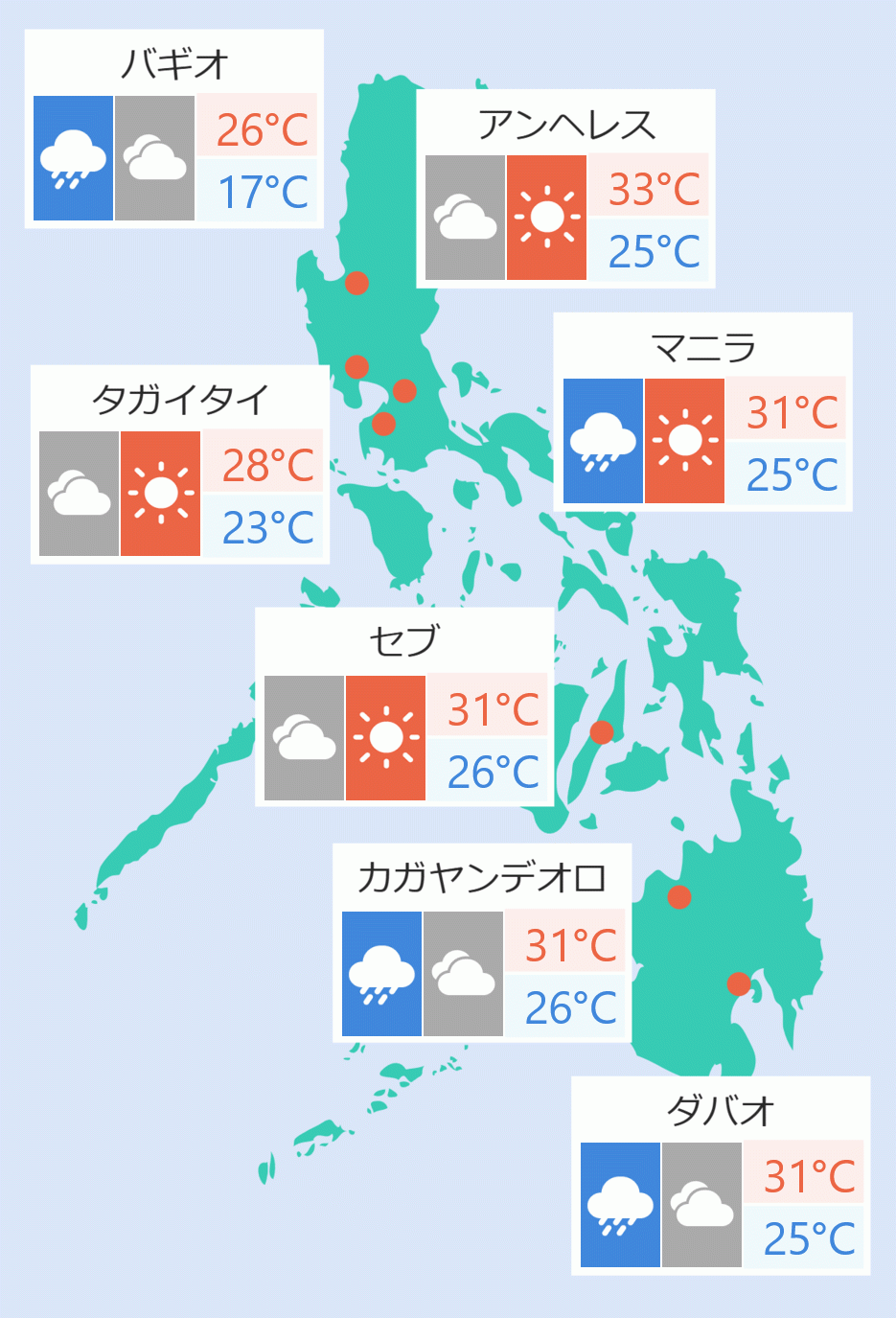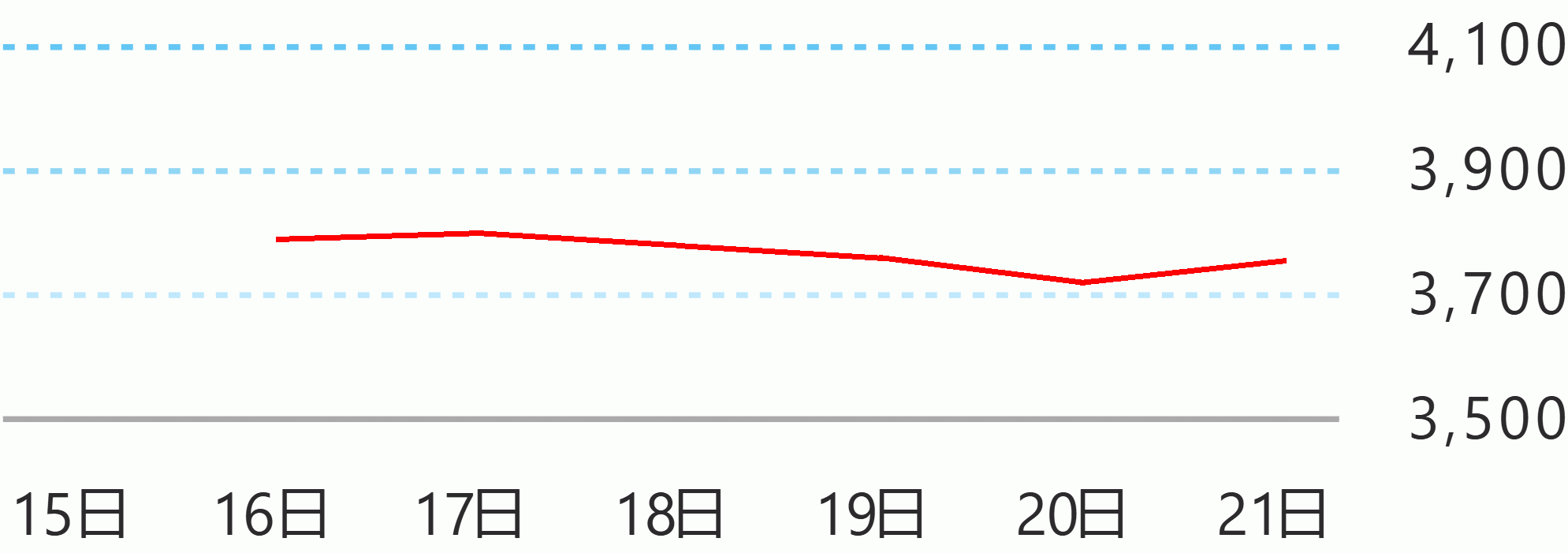Malacanang admitted on Friday the government still needs to do more to address the spread of the deadly human immunodeficiency virus/acquired immunodeficiency syndrome (HIV/AIDS).
In a statement, Presidential Spokesperson Harry Roque said the government recognizes the need to halt the epidemic of the HIV/AIDS in the country.
Roque, who was a party-list representative prior to his appointment as spokesman, said he is one of the principal authors of House Bill 6617, or Philippine HIV and AIDS Policy Act, which was recently passed on third and final reading.
With the possible passage of the bill, he said the government is finally taking significant steps to avert the spread of the disease.
"This is especially important given that the Philippines was recently reported as registering the highest growth rate for human immunodeficiency virus (HIV) infections in the Asia-Pacific," he said.
The passage of the Philippine HIV and AIDS Policy Act will serve to strengthen the Universal Health Coverage (UHC) Act given that the UHC covers preventive health services, he added.
The proposed law provides for policies and programs to prevent the spread of HIV and deliver treatment, care, and support services to Filipinos living with HIV in accordance with evidence-based strategies and approaches that follow the principles of human rights, gender equality, and meaningful participation of communities affected by the epidemic.
"We have much left to do. We have to strengthen the stigma reduction mechanisms of existing laws and guarantees that the country’s HIV and AIDS response is premised on the respect, recognition, and promotion of human dignity," Roque said.
On a larger scale, he said the government needs to address not just the health issues themselves but also the social determinants of health that contribute significantly to the persistence of these communicable diseases.
As the Philippines joins the world in commemorating the World AIDS Day, Roque urged the Filipinos to work as one to increase the capacity of the country for early warning, risk reduction, and management of national and global health risks, including HIV/AIDS.
"We urge all Filipinos to help end the stigma of HIV/ AIDS and contribute to prevent the spread of the disease. Together, let us support the government in this endeavor," he said.
Nearly 2,000 new cases of human immunodeficiency virus (HIV) have been recorded by the Department of Health in July and August,
The total number of new HIV cases are 7,363 from January to August, including 891 AIDS cases and 334 deaths. Since 1984, there are 46,985 HIV cases nationwide, including 4,556 AIDS cases and 2,303 deaths. Celerina Monte/DMS




 English
English









